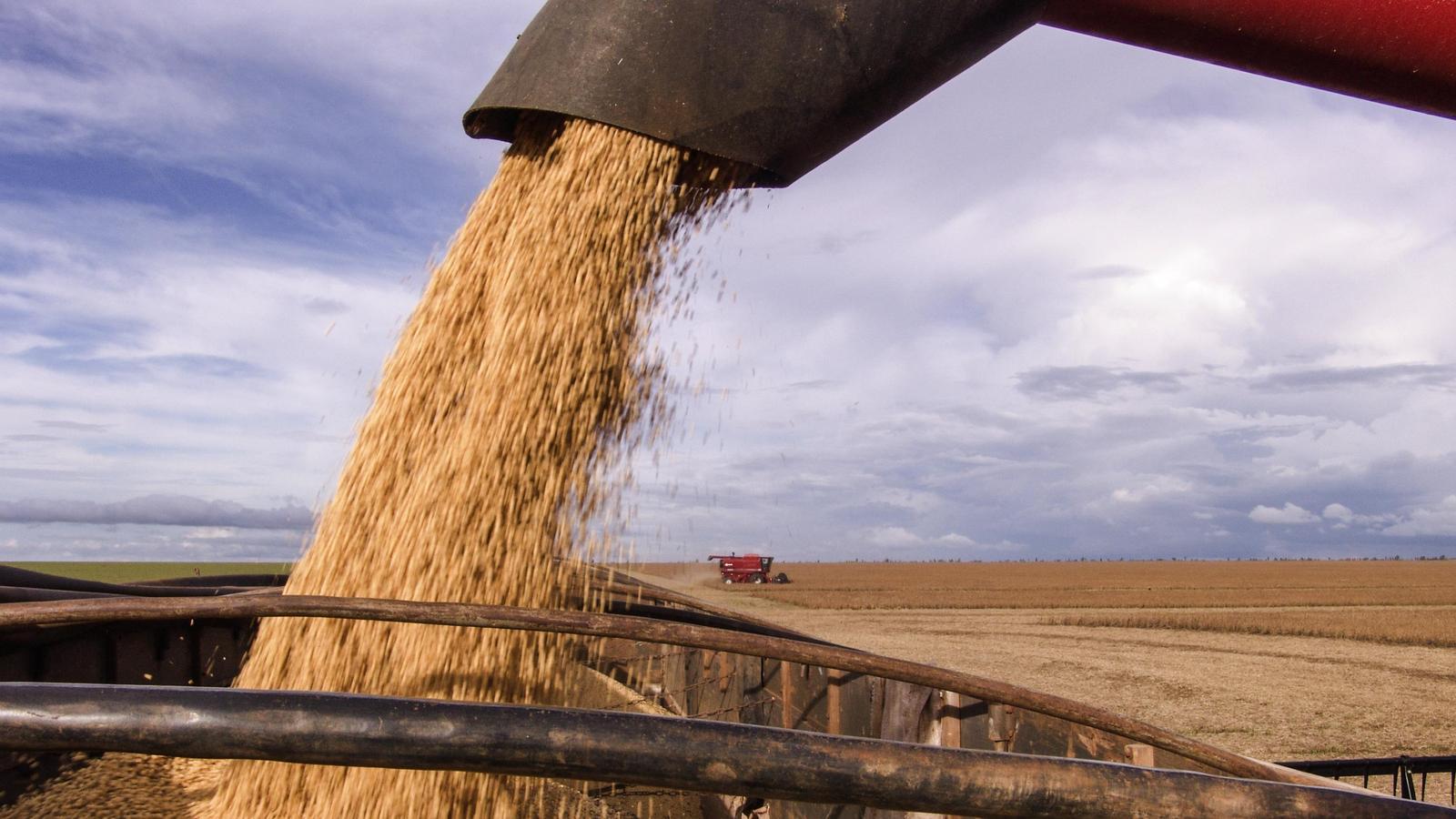The unexpected victory of Brazilian soybeans in the midst of the trade war between China and the US.
The South American country claims it can meet all Asian demand, although this could accelerate Amazon deforestation.


São PauloChina has dealt the first major defeat to the United States in the tariff war initiated by Donald Trump. The blow has come at the agricultural level, with soybeans taking center stage. The Asian superpower has decided to turn to another ally to replace the legume grown in the American region of the MidwestThis is Brazil, the country of origin for 25% of China's agricultural imports, with which it shares multilateralism within the BRICS and an interconnected global economic vision. The good rapport between the two countries is demonstrated by the fluid, mutually supportive relationship between their top leaders, Xi Jinping and Lula da Silva.
In recent months, China has intensified imports of Brazilian soybeans to unprecedented levels, to the detriment of purchases from American farmers. It's a geopolitical equation that has left Washington disoriented and without room for maneuver. Beijing is reducing agricultural imports, the main good it buys from American industry. At the same time, it is helping an ally it views as a great leader of the Global South and who is now suffering Trump's wrath. Brazilian exports to the US face a 50% tariff due to domestic political interference. The hardline Republican administration is using an apparently protectionist measure. to demand the acquittal of former Brazilian President Jair Bolsonaro, who is accused of attempted coup d'état and is expected to be sentenced to a lengthy prison sentence soon.
In July, in the midst of the tariff war between China and the US, the peak of this soybean battle was reached. Ninety percent of the total volume entering the ports of the Asian giant came from Brazil, a trend that will continue throughout 2025. Supplier substitution is not new. There was another peak between 2018 and 2019, during the first Trump administration, in response to the implementation of the first wave of additional tariffs on Chinese imports.
Global soybean markets are highly concentrated in four major producers: Brazil and the US industry (together accounting for 85% of global exports), Paraguay, and Argentina. China, which accounts for 60% of global purchases, imported 105 million tons in 2024. Of this volume, Brazil supplied 74.7 million (70%), which translated into revenues of $35.5 billion, while the US industry accounted for 2.5 million.
This legume, transformed into flour, is essential for feeding the Asian giant's pig farming, the largest in the world and responsible for almost half of global production. Soybeans are key to food security in a continental country with 1.4 billion inhabitants.
US producers, grouped under the American Soybean Association (ASA), have sent a letter to Trump expressing their concern and warning that they are on the brink of a trade and financial cliff. They warn that they cannot withstand a prolonged trade dispute with their main customer, which accounted for half of their exports last year.
At stake are $12.8 billion, which US producers received from China in 2024. In the first half of this year, sales to the Asian giant have fallen by 51%, following the general trend of the US agricultural industry's exports toward giga-soybeans. Beijing is applying pressure: the Chinese, who typically begin purchasing US soybeans in July, have so far not purchased a single grain of this product in the 2025-2026 crop year. This is the first time this has happened.
Trump's threat
In early August, Trump urged the Chinese to "rapidly quadruple" their soybean orders. "It's also a way to substantially reduce our trade deficit," the US president said. His post on Truth Social has had no effect on the other side of the Pacific, where a truce in trade negotiations between the two superpowers is still awaited.
Brazilians, who are experiencing record harvests, claim they can meet all of China's demand, although this could accelerate Amazon deforestation and generate environmental impacts. US soybeans have become uncompetitive compared to South American soybeans, as the Chinese have imposed a 20% tariff in retaliation for Trump's measures. Brazilian soybeans, scheduled for shipment in October, are priced at $490 per ton, while US soybeans are priced at $535. The situation has reversed compared to 2024: during the same period, Brazilian soybeans were valued at $453, and US soybeans at $434.
